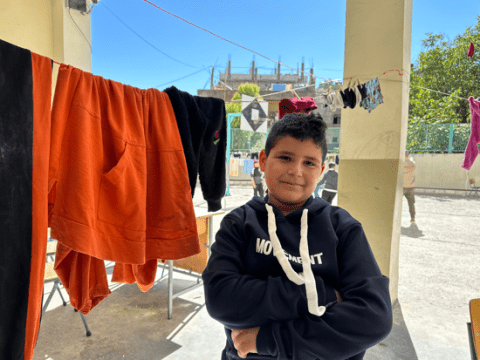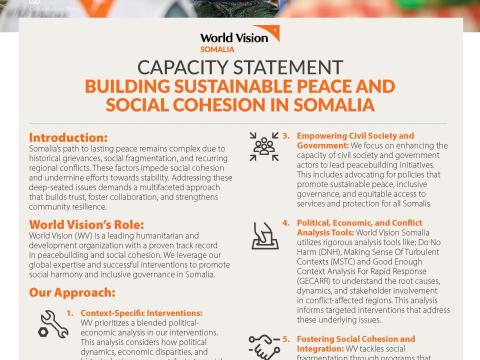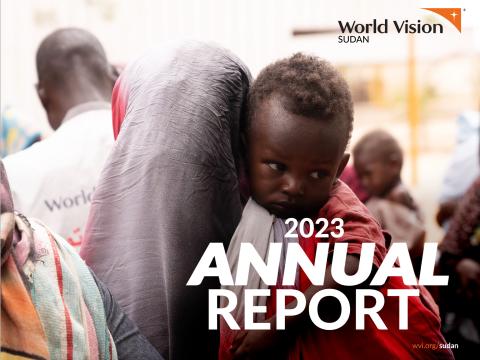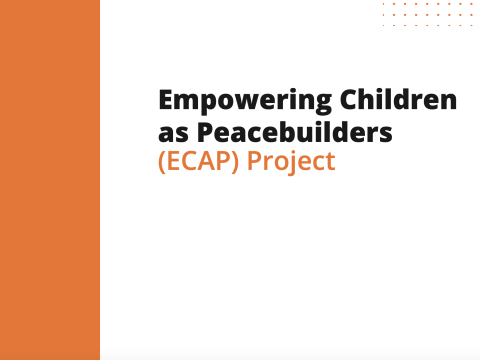Promoting young people as peacebuilders
DownloadViolent extremism is growing and capturing the hearts and minds of young people globally. Their sense of disengagement and marginalisation has left them vulnerable to recruitment.
European officials and civil society leaders stressed the importance of engaging youth as allies against extremism, sharing a common goal to build resilience in societies against radical ideologies and to empower
change-makers to inspire a culture of tolerance. And not just in developing countries such as Morocco or Egypt, but also in European countries where violent extremism is on the rise.
Speakers agreed on a need to better understand why radical ideologies attract youth in the first place. Research conducted by Search for Common Ground in Morocco on the Islamic State (IS) group revealed that youth have dreams and ambitions that radical groups are expert at manipulating. For many, IS offers dignity to youth in a world with rampant inequalities and grave uncertainties surrounding their future. The vison of a united Islamic state also attracts young people who want to counter the power and outsized influence of the West. As long as these challenges remain unresolved, youth will remain vulnerable to radical ideologies.
Rarely, speakers agreed, do youth become radicalised in a single moment. It is a long-term shift in thinking that is tough to deconstruct among young minds.
Search for Common Ground finds that fact-based arguments simply do not work, nor do emotional appeals that try to help young people see the terrible harm that violent, radical groups inflict. Really listening to radicalized youth – understanding their experience and world views – occurs far too rarely. By dismissing their perspectives, we are ironically reinforcing their indignation.
Addressing youth grievances, especially in fragile societies, is a core focus of EuropeAid’s work. Whether in education or health programmes, youth are conceived as a cross-cutting group that need active, not passive inclusion.When it comes to counter-radicalisation programmes, interventions are targeted at young men who make up over 80 % of radicalised youth.
Within these programmes, the words used to talk about radicalisation and violent extremism has come into sharper focus. The phenomenon has increasingly become synonymous with ‘Islamic radicalisation’, but this is
not how European officials conceive of it. They are confronting radicalisation on many different fronts that extend beyond Islamic extremism.
The European Peacebuilding Liaison Office noted that while they too generically use the words ‘violent extremism’ and ‘radicalisation’ in policy papers and funding proposals, the reality on the ground is that they are mostly working with Islamicyouth. Political correctness applies less to them in the field.
Understanding the social, political and religious dynamics in countries confronting radicalisation is a major challenge; developing practical, effective solutions is even harder.Policymakers and civil society leaders need to be fully and totally informed to really solve the root causes of radicalisation.



